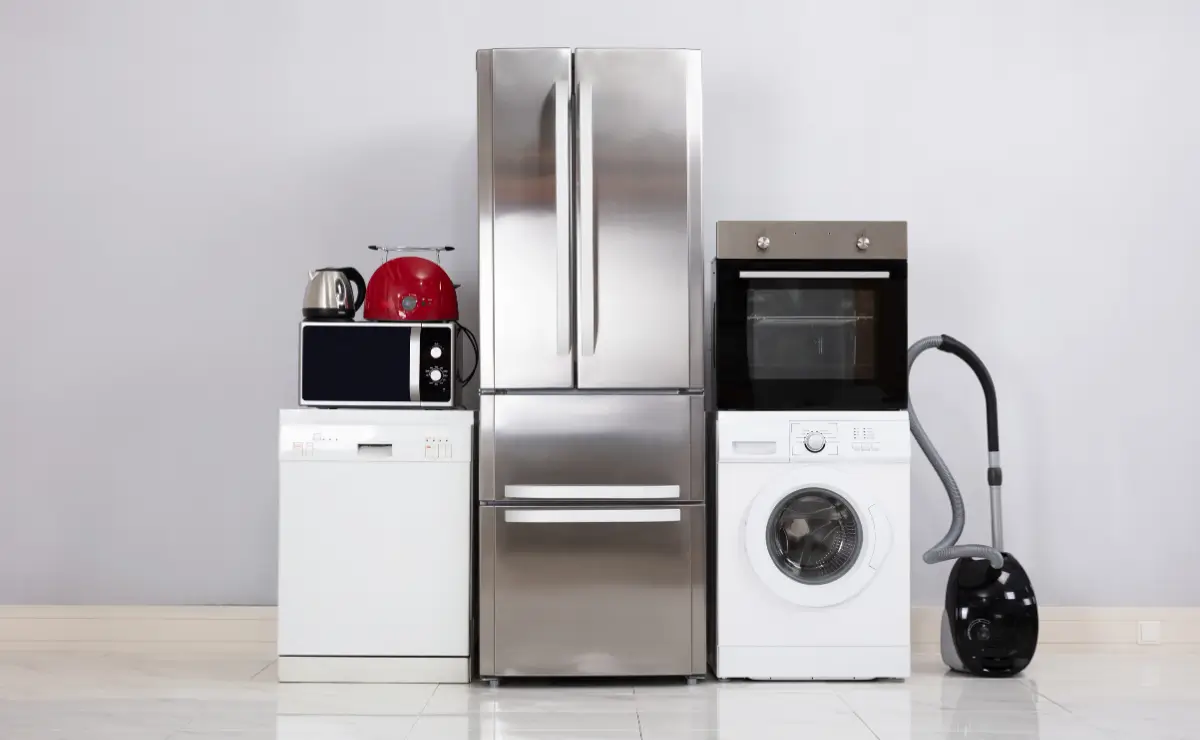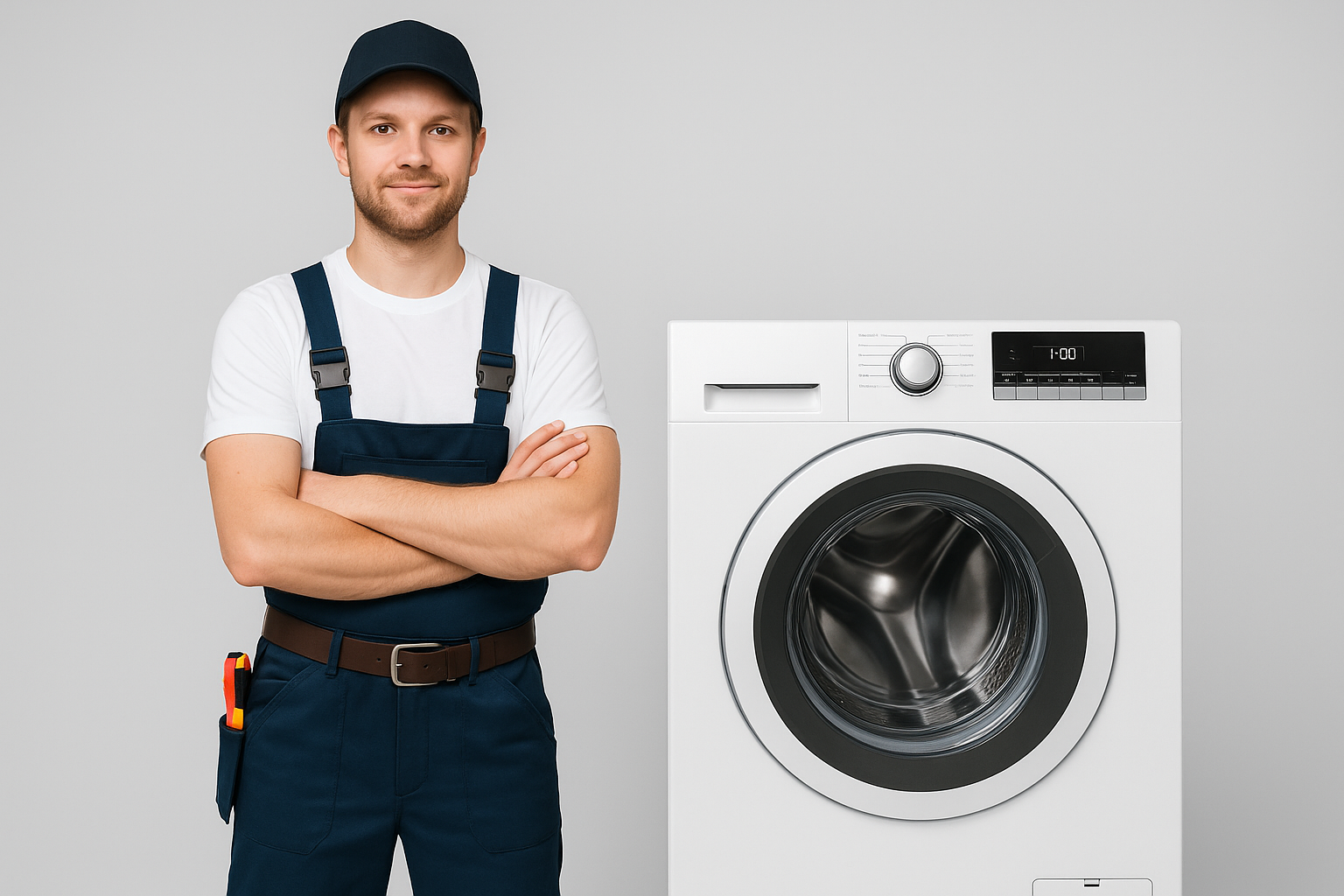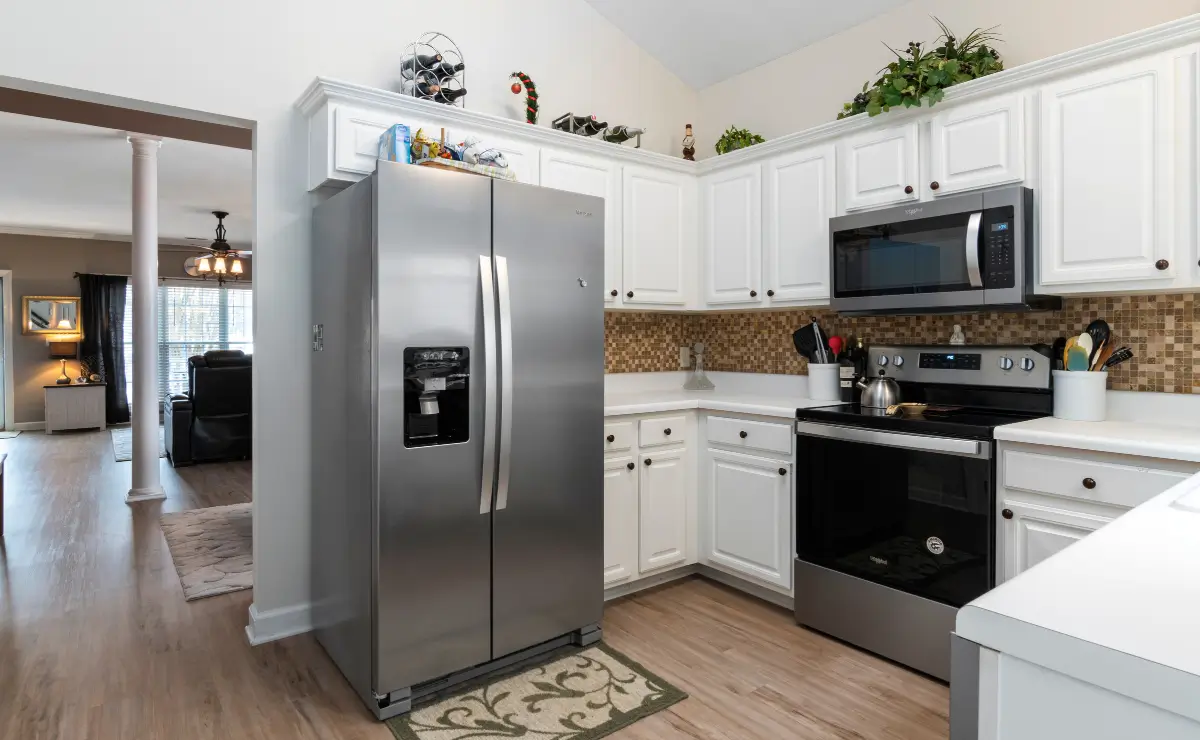Looking for washer repair in Waterloo? If your washing machine stops working, leaks water, or makes unusual noises, it can disrupt your daily routine....
7 Golden Rules to Make Household Appliances Long-Lasting
Household appliances are among the most important tools that simplify our daily lives and help us save time. However, the functionality and longevity of these devices depend not only on their quality but also on how the user treats them. Improper use and neglect can cause appliances to malfunction in a short time. Especially for frequently used devices like refrigerators, washing machines, dishwashers, and microwave ovens, it is important to follow certain rules to ensure their proper operation. Even simple preventive measures can extend the life of such devices by years.
1. Operate Appliances According to Usage Instructions
Whether large or small household appliances, each device has its own specific usage instructions. It is essential to carefully read the user manual before using the device. For example, if the load capacity and program selection of a washing machine are not properly set, both energy consumption increases and the appliance’s mechanism can be damaged. Likewise, using metal containers in a microwave oven can be dangerous. Each device has its own usage frequency, need for rest, and special modes. By following these rules, both safety is ensured and the appliance works smoothly for a long time. Many malfunctions occur due to incorrect use. Additionally, the appliance should be used in accordance with the climate conditions it is operating in. Finally, it should not be forgotten that proper use is the main condition for long-lasting appliances.
2. Make Regular Cleaning a Habit
Regular cleaning of both the external and internal parts of appliances preserves their appearance and functionality. When dust, oil, and food residues accumulate on parts of the device, their performance weakens over time. For example, if the ventilation outlet at the back of the refrigerator is covered in dust, it reduces air circulation, causing the device to consume more power. In washing machines and dishwashers, it is essential to clean the filter and rubber parts once a month. During the cleaning of electrical devices, unplugging them from the power source is important for safety. Food residues in a microwave oven can eventually cause bad odors and bacteria. In devices such as coffee machines, blenders, and water heaters, removing lime deposits increases productivity. It is recommended to use soft cloths and natural solutions during cleaning. Strong chemical solutions can damage the surface and internal parts of the appliance.
3. Always Monitor Voltage Stability
Household appliances heavily depend on electrical voltage, which directly affects their proper functioning. Sudden voltage fluctuations can burn the mainboards and motors of the devices. To prevent such situations, it is recommended to use stabilizers or protective sockets. This is especially important for appliances with sensitive electronic parts such as TVs, refrigerators, and air conditioners. To avoid overloading electrical circuits, multiple devices should not be plugged into a single socket at the same time. In areas where power surges frequently occur, using a UPS (Uninterruptible Power Supply) helps protect devices. Electrical work at home should be carried out by a professional electrician. A faulty electrical line can endanger not only the appliances but also the entire house. Voltage control reduces the risk of accidents and prolongs the life of the appliances.
4. Use Original Spare Parts
When any part of an appliance needs to be replaced, the use of original spare parts is a crucial requirement. Replacing parts with cheap and incompatible components can damage other mechanisms of the device. For example, an incompatible rubber hose can cause water leaks. Original spare parts are manufactured by the producer according to the technical requirements of the device. Such parts are more durable and fully compatible with the appliance’s functionality. Fake and uncertified parts pose both technical and safety risks. Spare parts obtained through official service centers also come with a warranty. Parts replaced by unofficial technicians may result in additional costs in the future. Original parts ensure the proper functioning of the appliance. This also means long-term savings and convenience.
5. Pay Attention to Installation and Placement
Proper installation and placement of household appliances directly affect their performance. For example, if a refrigerator is placed too close to a wall or other devices, its ventilation system becomes weaker. This can cause the device to overwork and wear out quickly. Placing a washing machine unevenly on the floor can lead to noise and vibration. The distance and leveling guidelines recommended by the manufacturer should be followed for each appliance. Having independent electrical lines for connection is beneficial for both safety and the device’s health. Also, placing appliances in areas that are not resistant to humidity poses a risk. Ignoring ventilation in small spaces increases the device’s internal temperature. This leads to premature wear of components. Properly placed appliances operate efficiently and aesthetically fit better into the space.
6. Do Not Delay Technical Inspections and Service Maintenance
Regular technical inspections are of great importance for every household appliance. Faults may occur inside the appliance even before the user notices any issues. To prevent such situations, it is recommended to have a professional service inspection at least once a year. For devices like air conditioners, combi boilers, and other air-based appliances, this inspection is even more important. Checking filters, motors, and electronic parts ensures the safety of the device. During servicing, technical tasks like cleaning, lubrication, and software updates are performed. Inspections by official service providers also protect the device’s warranty. If technical maintenance is delayed, a small fault can turn into major damage. This can result in both additional financial losses and complete breakdown of the device. Preventive maintenance is one of the most effective ways to extend the life of an appliance.
7. Avoid Overloading and Operate with Intervals
Overloading appliances can significantly reduce their service life. For example, overloading a washing machine with more laundry than its capacity can damage the drum and motor. Placing a lot of hot food in the refrigerator before it cools down puts extra strain on its cooling system. Stacking dishes on top of each other in a dishwasher reduces cleaning quality and clogs the filter. At the same time, continuous and uninterrupted operation of appliances causes additional stress on them. For instance, operating a vacuum cleaner continuously for more than 30 minutes can lead to motor overheating. In such cases, it is recommended to let the appliance rest at intervals. Overloading increases energy consumption as well as noise and heat levels. This leads to functional disorders and discomfort at home. By using appliances only as needed and correctly, you can ensure their long life.




